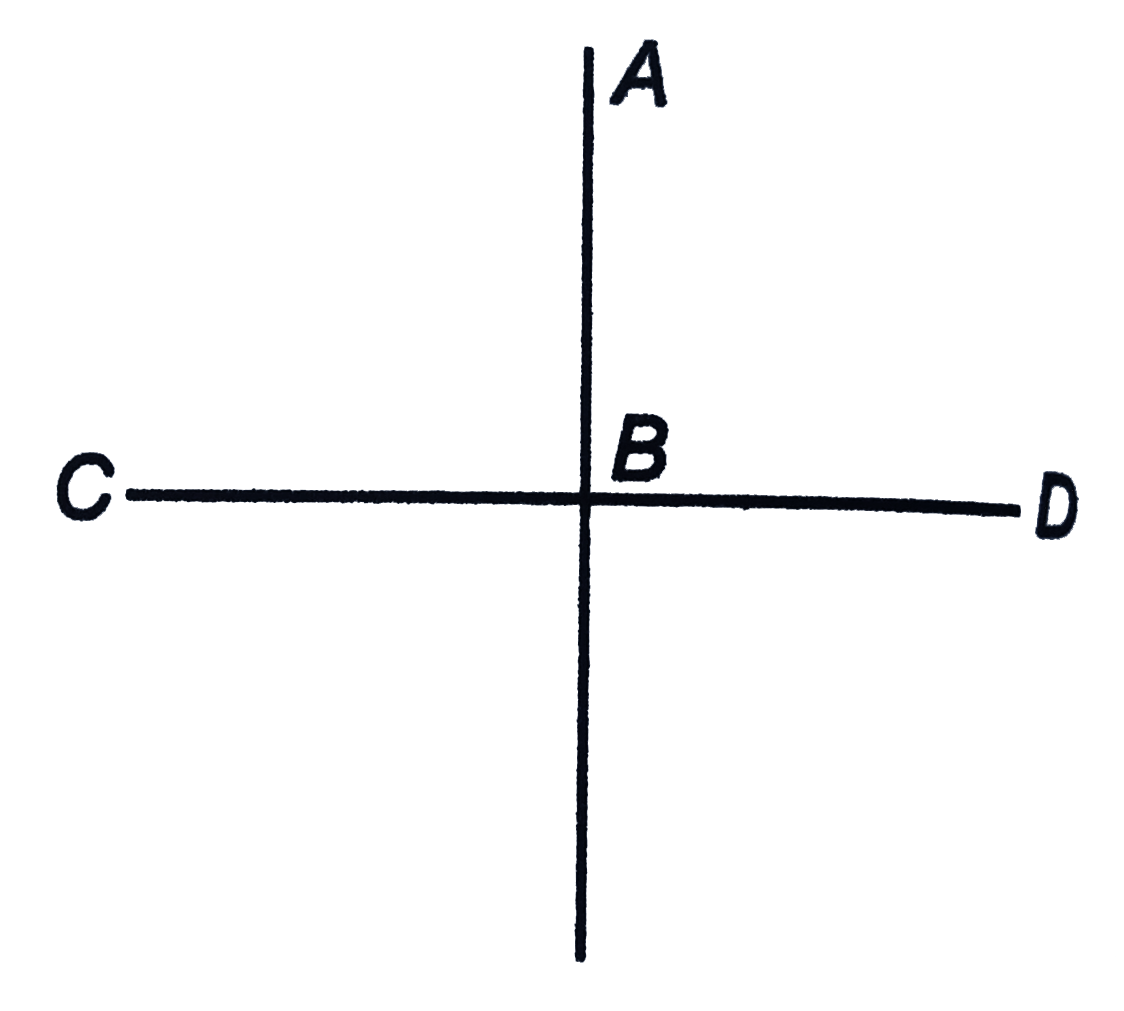There is a fixed positive charges Q at O, and A and B are points equidistant from O. A positive charge +q is taken slowly by an external agent from A to B along the line AC and then along the line CB.
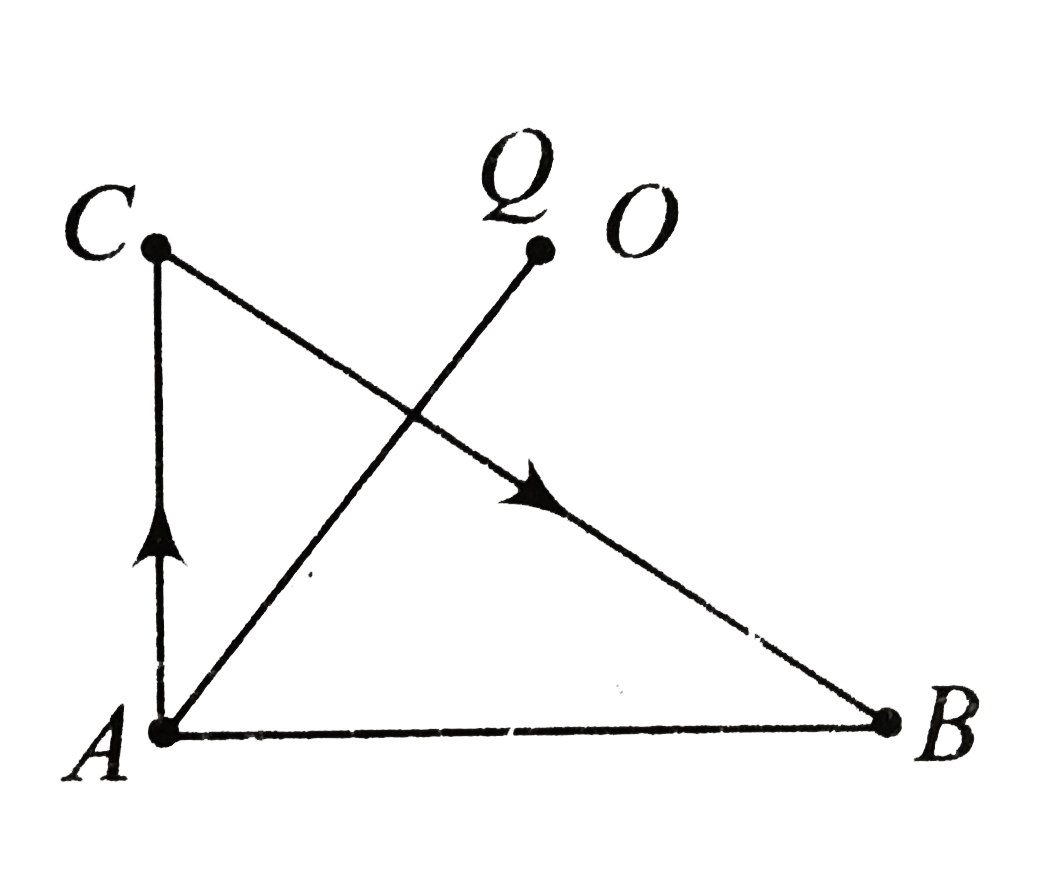
The total work done on the charge is zero.
The work done by the electrostatic force from A to C is negative.
The work done by the electrostatic force from C to B is positive.
The work done by electrostatic force in taking the charge from A to B is dependent on the actual path.
The correct Answer is:A, B, C
a.,b.,c.
(a) is correc because potential of and is same. (b) is correct because charge is going from low potential to high potential. Electric potential energy increases and electrostatic forces do negative work. Similarly (c) is also correct.
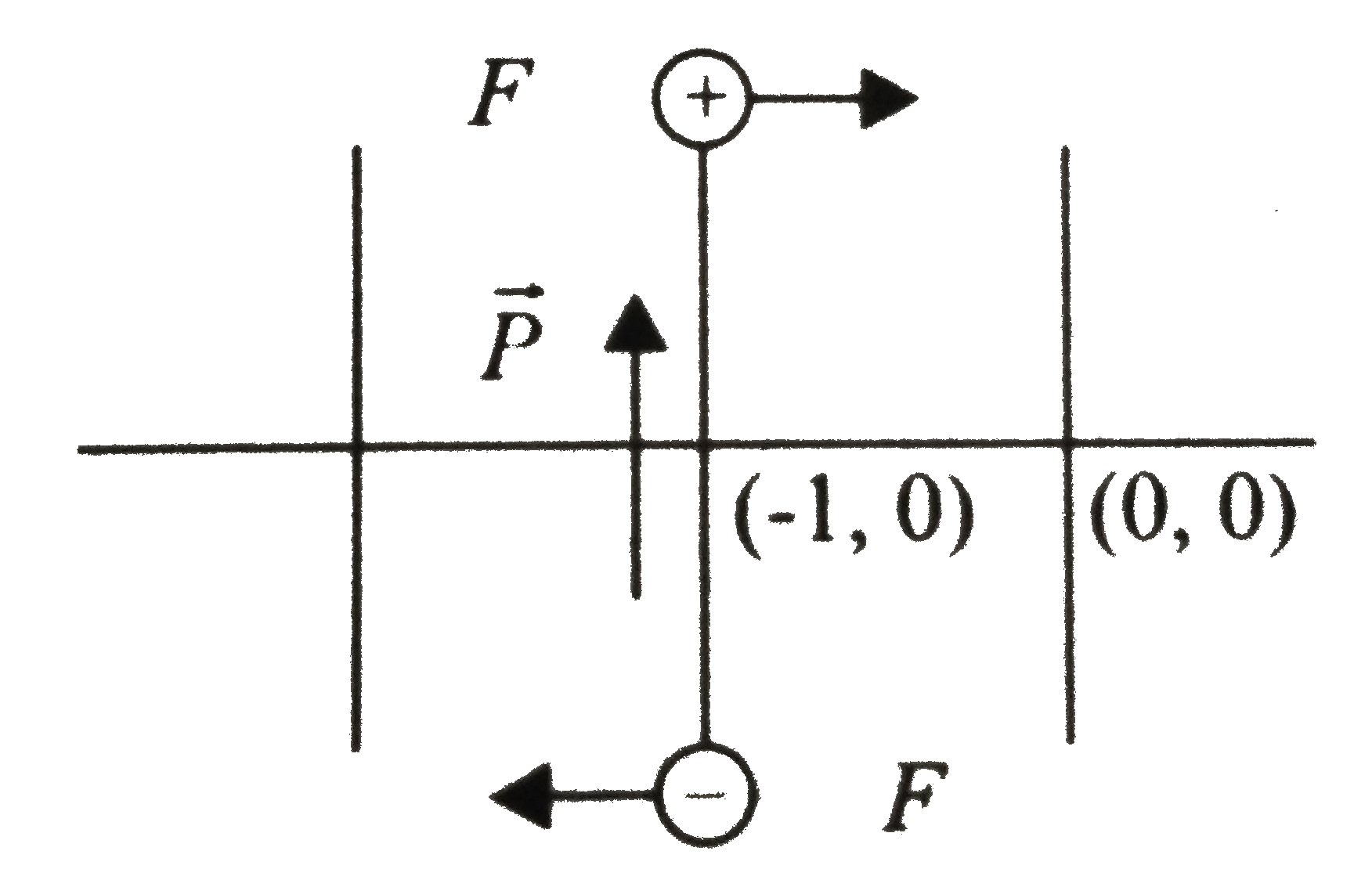
Similar Questions
Knowledge Check
- Question 1 - Select One
The work done in bringing a unit positive charge from infinite distance to a point at distance x from a positive charge Q is W. Then the potential ϕ at that point is
AWQxBWCWxDWQ - Question 2 - Select One
When a positive q charge is taken from lower potential to a higher potential point, then its potential energy will
Aremin the sameBincreaseCdecreaseDbecome zero - Question 3 - Select One
The work done to move a unit charge along an equipotential from P to Q
Amust be defined as −Q∫P→E.→dlBis zeroCcan have a non-zero valueDboth (a) and (b)are correct
Two equal positive charges Q are fixed at points (a, 0) and (−a,0) on the x-axis. An opposite charge -q at rest is relased from point (0, a) on the y-axis. The charge -q will
View SolutionTwo identical positive charges are fixed on the y-axis, at equal distances from the origin O. A particle with a negative charges starts on the x-axis at a large distance from O. moves along the x-axis passes through O, and moves far away from O on the other side. Its acceleration a is taken as positive along its direction of motion. Plot acceleration a of the particle against its x-coordinate.
View SolutionTwo fixed, equal, positive charges, each of magnitude 5×10−5 coul are located at points A and B separated by a distance of 6m. An equal and opposite charge moves towards them along the line COD, the perpendicular bisector of the line AB.
The moving charge, when it reaches the point C at a distance of 4m from O, has a kinetic energy of 4 joules. Calculate the distance of the farthest point D which the negative charge will reach before returning towards C.
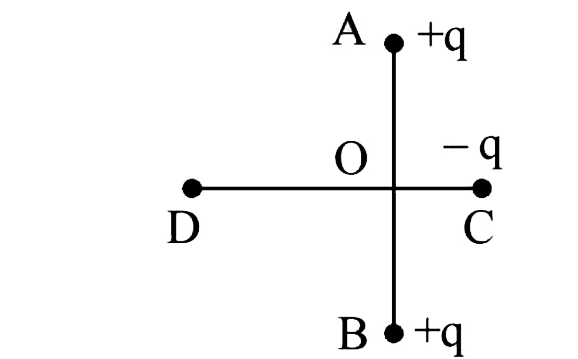 View Solution
View SolutionFour similar (+q) are placed at origin O, B, C and D as shown. The angles are as shown. Charges at B, C and D are equidistant from O at a distance of a. The forces of repulsion experienced by charge at O due to charges at B and D along CO are equal, given by q2√38πε0a2. Find the relation between θ1,θ2 and θ3:
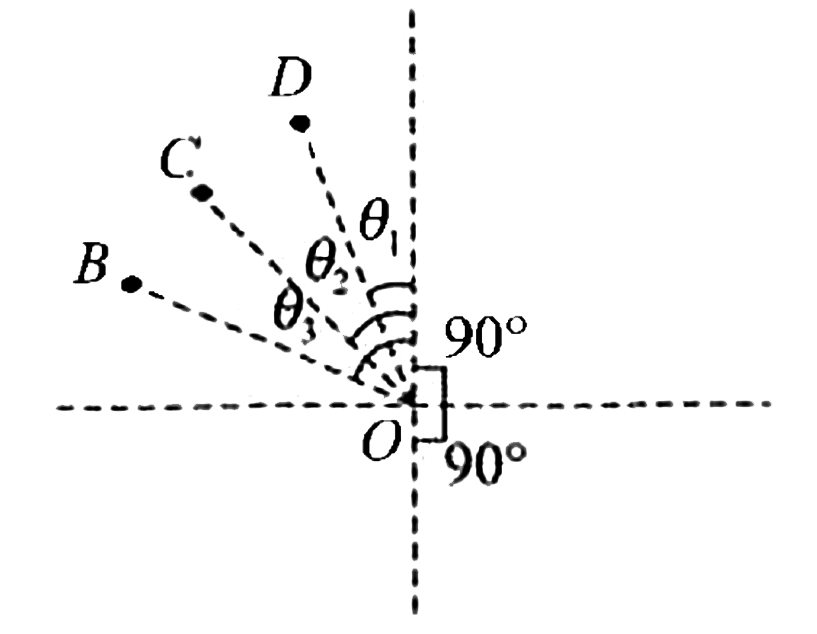 View Solution
View SolutionTwo charges each having magnitude q and same polarity are fixed some distance apart.A point charge Q is kept on exactly middle of the line joining the two charges.Then equilibrium of Q is
View Solution

